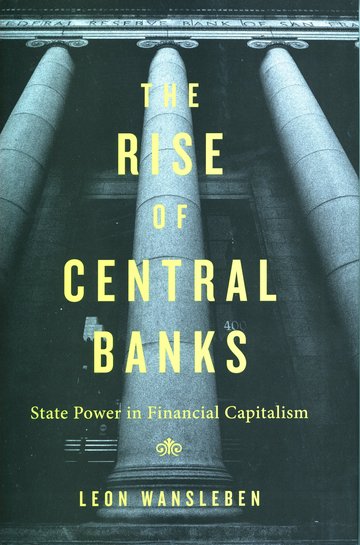Pop Finance: Investment Clubs and the New Investor Populism
Brooke Harrington
MPIfG Book
Abstract
During the 1990s, the United States underwent a dramatic transformation: investing in stocks, once the province of a privileged elite, became a mass activity involving more than half of Americans. Pop Finance follows the trajectory of this new market populism via the rise of investment clubs, through which millions of people across the socioeconomic spectrum became investors for the first time. As sociologist Brooke Harrington shows, these new investors pour billions of dollars annually into the U.S. stock market and hold significant positions in some of the nation's largest firms. Drawing upon Harrington's long-term observation of investment clubs, along with in-depth interviews and extensive survey data, Pop Finance is the first book to examine the origins and impact of this mass engagement in investing.
One of Harrington's most intriguing findings is that gender-based differences in investing can create a "diversity premium" – groups of men and women together are more profitable than single-sex groups. In examining the sources of this effect, she delves into the interpersonal dynamics that distinguish effective decision-making groups from their dysfunctional counterparts.
In addition, Harrington shows that most Americans approach investing not only to make a profit but also to make a statement. In effect, portfolios have become like consumer products, serving both utilitarian and social ends. This ties into the growth of socially responsible investing and shareholder activism – matters relevant not only to social scientists but also to corporate leaders, policymakers, and the millions of Americans planning for retirement.
Contents
SECTION ONE: Investment Clubs and the "Ownership Society"
Chapter 1: Stock Market Populism – Investment Clubs and Economic History
Chapter 2: Investment Clubs as Markets in Microcosm
SECTION TWO: Cash and Social Currency: Performance in Investment Clubs
Chapter 3: Group Composition and the Business Case for Diversity
Chapter 4: Getting Ahead versus Getting Along – Decision Making in Investment Clubs
SECTION THREE: Aftermath and Implications
Chapter 5: Reflections on Investing in the 1990s
Chapter 6: Implications and Conclusions
Notes
References
Index
Author
Brooke Harrington
Review
"[A]us Harringtons Recherchen wird klar, dass jede Investorengruppe tatsächlich eigene Rituale, Totems und übergeordnete Ziele entwickelt hat, die weit über finanzielle Überlegungen hinausgehen. Aus der Selbstwahrnehmung der Anleger erklärt sich beispielsweise das unterschiedliche Anlageverhalten von Männern und Frauen - "girl stocks", "boy stocks" - oder religiös motivierter Anleger ebenso wie die wachsende Zahl sogenannter Shareholder-Aktivisten. Nicht nur für Finanzberater und IR-Fachleute könnten diese Erkenntnisse direkt berufsrelevant sein. Auch viele Investoren müssten sich selbst wieder erkennen."
"Der Kleinanleger durch die Soziologenbrille". In: Börsen-Zeitung, 27.9.2008.












